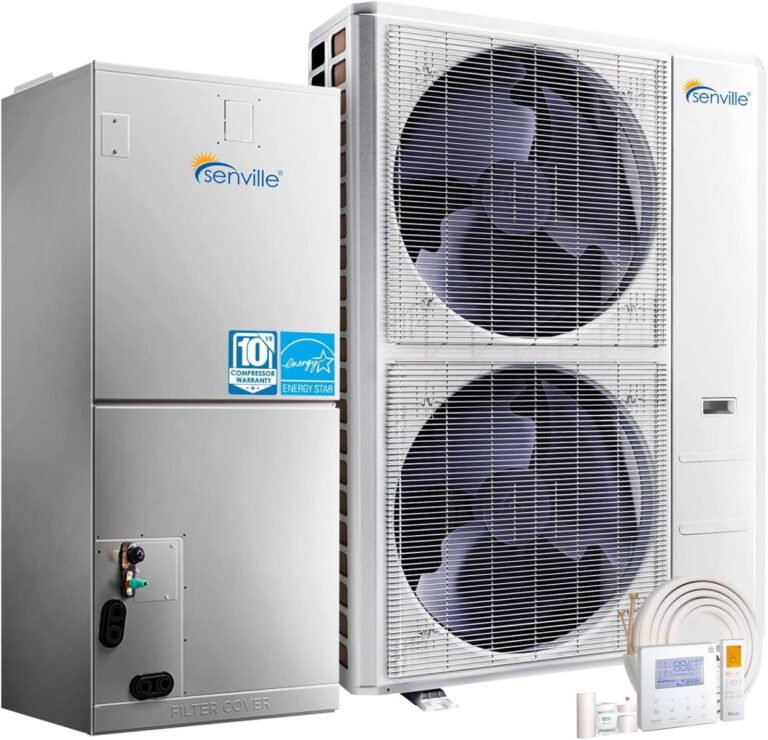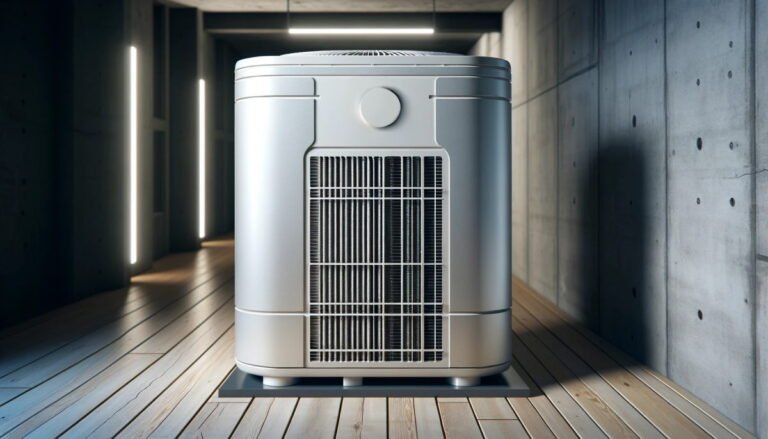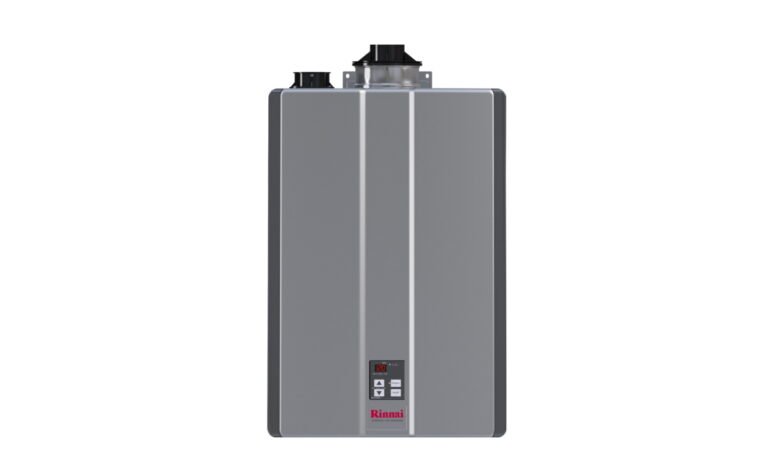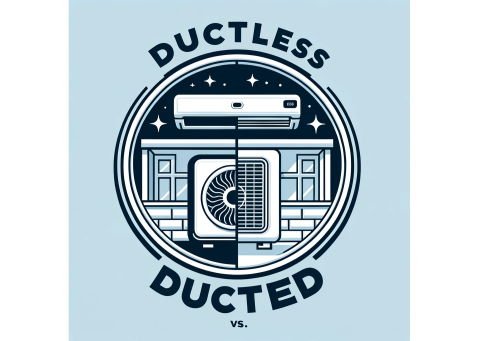Unlock 7 Essential Benefits of Tankless Water Heaters: Efficiency at Its Best
Explore the benefits of tankless water heaters to find the best solution for all your hot water needs. In the water heating industry and among many homeowners, these systems are known for their energy efficiency, space-saving design, and the convenience of providing hot water on demand. As sustainability becomes a higher priority for households, tankless water heaters offer a compelling blend of performance and environmental friendliness.
Let’s discover their primary advantages and see why they are becoming an essential upgrade for energy-conscious homeowners.
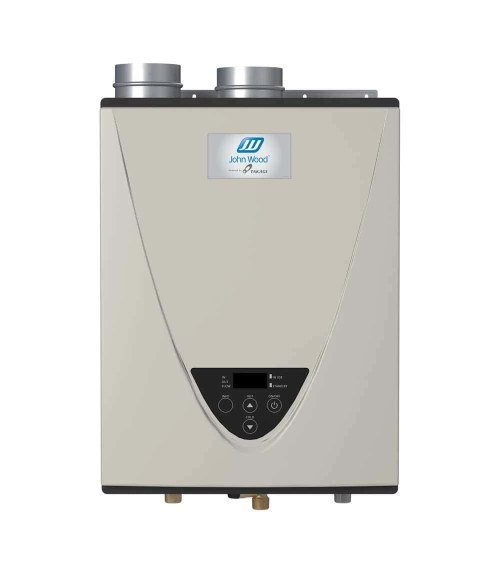
What Are Tankless Water Heaters?
Tankless water heaters are compact appliances that heat water only when needed (on demand), providing a continuous supply of hot water in an efficient way.
As opposed to conventional storage tank-type units that continuously heat and reheat water in a large tank, tankless water heaters heat water directly without the use of a storage tank, resulting in much less energy waste and higher efficiency.
Benefits of Tankless Water Heaters
Let’s take a closer look at the main benefits of tankless water heaters, why they’re so effective and popular, and why they might be the right choice for your home.
High Energy Efficiency
Tankless heaters are designed to be high and ultra-high energy efficient by only heating water on demand.
This operational method significantly reduces energy consumption by eliminating standby energy losses associated with keeping water heated inside the tank at all times.
As a result, these models can achieve energy efficiency ratings of up to 98%, compared to around 60-65% for traditional water heaters. The efficiency of these heaters is quantified using the Uniform Energy Factor (UEF), where higher values indicate more efficient performance.
This high efficiency translates into noticeable savings on utility bills. Homeowners who switch to tankless water heaters can expect to see energy savings between 24-34% for low daily water usage (up to 41 gallons) and 8-14% for higher usage (around 86 gallons), according to the U.S. Department of Energy.
High savings make them an economically favorable option, particularly considering their longer operational lifespan, which often exceeds 20 years, providing ongoing savings and a strong return on investment.
Constant Supply of Hot Water
Tankless water heaters are specifically designed to provide an uninterrupted flow of hot water, distinguishing them from traditional tank systems that can deplete their stored hot water during peak usage times.
By heating water directly as it flows through the heat exchanger, tankless water heaters ensure that hot water is available on demand, without the typical wait associated with reheating a water tank. This feature is especially valuable during high-demand periods, such as morning routines or when multiple appliances are used simultaneously.
The advantage of a continuous hot water supply becomes evident in larger households or in situations where water usage is frequent.
For instance, a tankless water heater can supply between 2 to 5 gallons of hot water per minute, and gas-fired versions can produce higher flow rates than electric models.
According to the U.S. Department of Energy, this capability allows for a seamless supply of hot water even during peak usage, preventing the inconvenience of cold showers and delays in hot water availability.
For families and high-demand users, this translates into significant daily convenience, ensuring that activities requiring hot water are not interrupted by the capacity limitations of traditional water heaters.
Fast Hot Water Delivery
Tankless water heaters equipped with a recirculation feature deliver hot water faster and more efficiently, reducing the wait time and contributing to significant water conservation.
Brands like Rinnai, Navien, Noritz, and Rheem offer models with built-in recirculation pumps that keep hot water circulating through the pipes of a home, ensuring that it is readily available at any outlet almost immediately. This feature is particularly valuable in larger homes where the distance from the heater to the tap can result in longer wait times, leading to both water and energy wastage.
Long-term Savings and Rebates
When considering a tankless water heater, homeowners must weigh the initial investment against potential long-term savings.
Although the upfront cost is typically higher than that of a traditional tank model, the long-term energy savings can make it a more economical choice over its lifespan.
Additionally, homeowners may benefit from various tax credits and rebates that are often available for energy-efficient appliances.
In the United States, federal, state, and local governments, as well as utility companies, sometimes offer incentives that can offset the initial cost of purchasing and installing a tankless water heater. These incentives are designed to encourage the adoption of energy-efficient technologies to reduce overall energy consumption and environmental impact.
By taking advantage of such programs, the effective cost can be significantly reduced, enhancing the financial viability of this environmentally friendly investment.
Installation Flexibility
Tankless water heaters offer exceptional flexibility in installation, making them a versatile choice for various home setups. Their compact size allows them to be installed in numerous locations such as under cabinets, in closets, or mounted on walls, both indoors and outdoors.
This versatility is particularly beneficial in smaller homes or apartments where conserving space is crucial.
Additionally, for homes in milder climates, some models are designed for outdoor installation, which not only saves indoor space but also simplifies the venting process.
The installation flexibility is further enhanced by features like power venting and the ability to use long vent runs. Power venting systems utilize a fan to expel exhaust gases, enabling horizontal venting through walls rather than the traditional vertical venting through roofs. This allows tankless heaters to be placed in locations without traditional venting access, such as basements or interior closets.
Moreover, they can be fitted with vents that extend considerable distances, much longer than those required for traditional tank systems, providing the ability to position these heaters in centralized locations within larger homes while ensuring efficient operation and adherence to safety standards.
Enhanced Safety
Tankless water heaters significantly improve safety with advanced technological features, including low and ultra-low NOx (nitrogen oxide) emission capabilities. Low NOx heaters reduce harmful emissions that contribute to environmental pollution and respiratory issues, while ultra-low NOx models meet even stricter standards, further minimizing the release of these pollutants during the heating process. This makes them an environmentally friendly choice for homeowners concerned about air quality and regulatory compliance.
Moreover, tankless models are equipped with multiple safety features to ensure reliable operation. These include freeze protection, which prevents the water inside the unit from freezing during cold weather, and overheating protection that automatically shuts off the heater if excessively high temperatures are detected.
Additionally, they incorporate an air-fuel ratio (AFR) sensor adjusting the fuel and air intake to optimize combustion, reducing the risk of carbon monoxide production and ensuring the unit operates safely at all times.
Flow sensors ensure the unit only operates when necessary, temperature sensors maintain consistent water temperatures, exhaust gas sensors monitor for harmful gases, and water pressure sensors detect and respond to dangerous pressure levels, ensuring the unit operates safely at all times.
Less Maintenance Required
While maintaining a tankless water heater might require professional help due to its sophisticated components, the overall frequency and cost of maintenance can be lower over the long term. These models are less prone to significant failures like leaks, which are common in tank models due to long-term corrosion.
The extended lifespan further justifies the maintenance effort, as regular upkeep helps these units operate efficiently for many years, often beyond the typical lifespan of traditional tank heaters.
Conclusion
Tankless water heaters offer some compelling benefits that make them a wise choice for many homeowners. They’re known for their significant energy savings, as they only heat water when it’s needed, avoiding the continuous energy use associated with traditional tank heaters. This not only provides a continuous supply of hot water but also contributes to lower utility bills over time.
Additionally, these units are quite compact, saving valuable space in your home compared to the bulky traditional models. While the initial investment is higher, the long-term savings and the extended lifespan often offset these upfront costs.
Considering these advantages, investing in a tankless water heater can be a smart decision for long-term home improvement and efficiency.
More About Water Heating
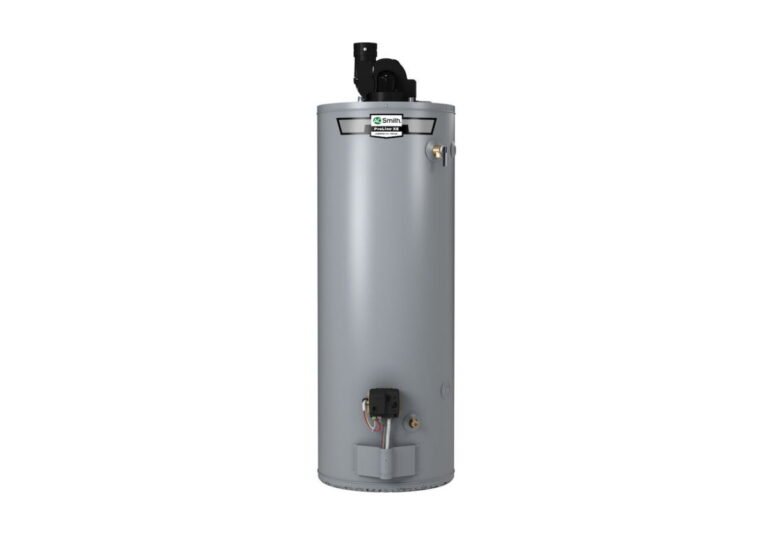
What Is: Power Vent Water Heaters (Including Pros and Cons)
Power vent water heaters offer flexibility and efficiency, making them a standout choice among the many options available for home…
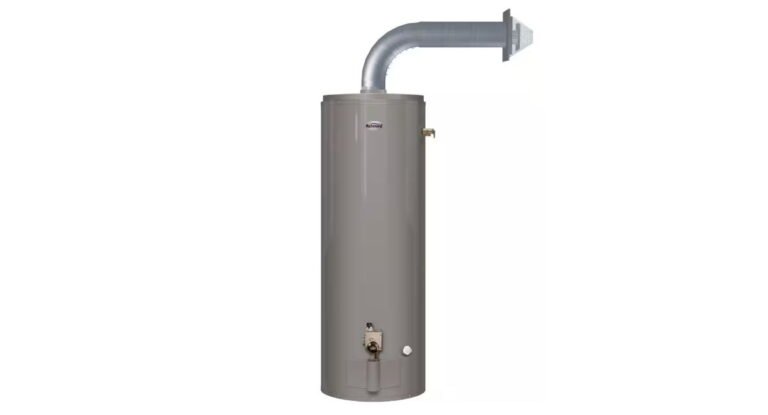
What Is: Direct Vent Water Heater (With Pros and Cons)
When you’re considering a new water heater for your home, the myriad of options can quickly become overwhelming, including atmospheric,…
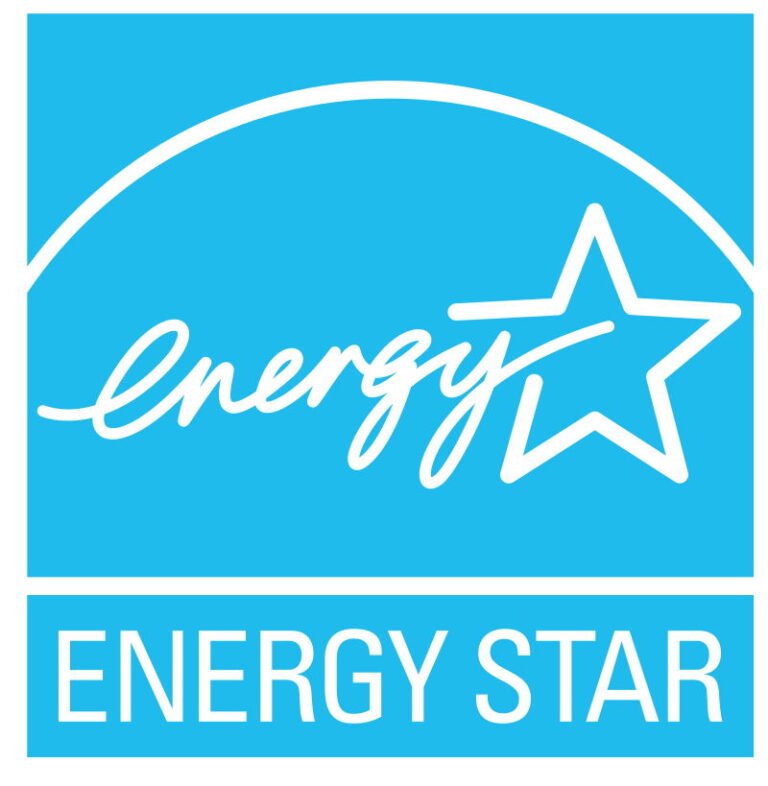
What Is: Energy Factor (EF) and Uniform Energy Factor (UEF) in Water Heaters
When you’re in the market for a new water heater, you might come across two important metrics: Energy Factor (EF)…

